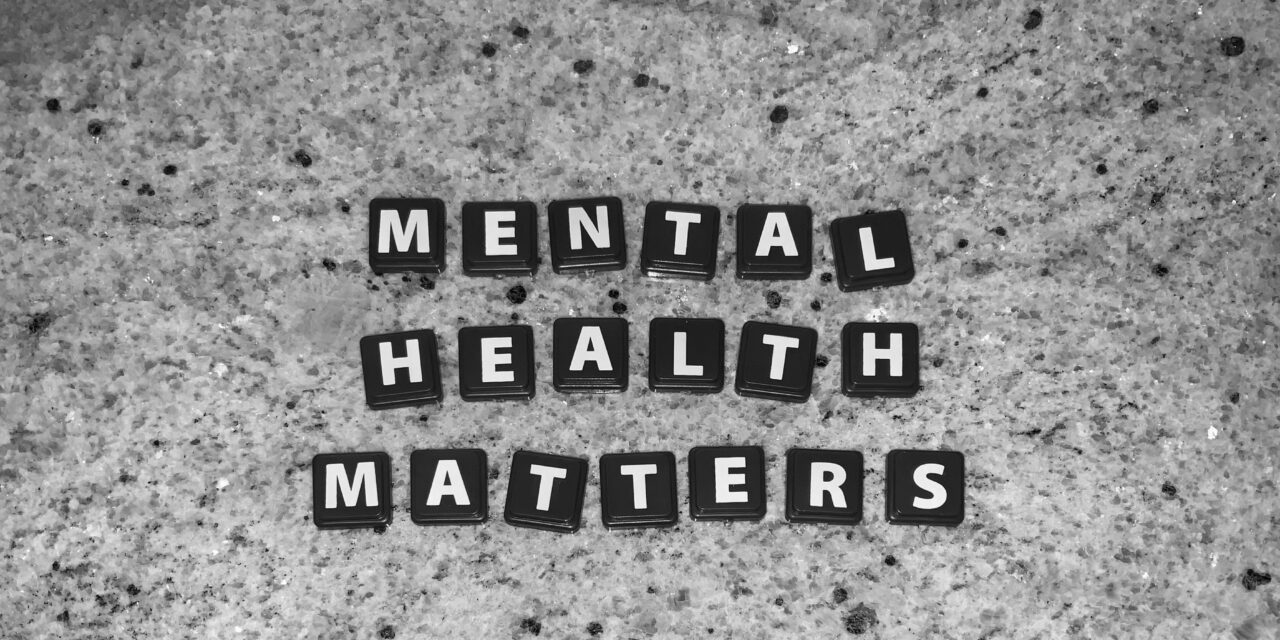New York-based think tank The Conference Board recently released the results of a survey involving 1,100 workers in the United States to gauge how their mental health has been over the past six months – and the results aren’t good.
34% of those surveyed replied that their mental health has somewhat worsened over the past several months. Many of them complained of feeling overwhelmed but have been unable to take breaks. As a result, 37% of respondents said they were less engaged in their work as they were six months ago even though it was noted that employees appear to be working much harder.
According to the survey, around 48% of those whose mental health has suffered work for more than 50 hours a week. Around 69% of respondents also admitted that they are applying greater effort on tasks than expected compared to around six months ago.
The study further suggested that, in order to address the issue, companies need to offer more flexible work schedules and other incentives meant to help employees gain better stock of their mental health. Such measures include work-free vacation time, as well as hybrid work situations.
A Sense of Not Belonging
The Conference Board’s executive vice-president for human capital Rebecca Ray pointed out that, over time, many employees have seen a significant decline in their mental health, their levels of engagement at work, as well as their connection to their employers’ mission and vision.
For the most part, she says, it’s because many people are made to feel like they do not belong with their current organizations or they feel that they are not being given respect or treated properly.
A Lack of Proper Engagement
It was also noted that workers are mostly unable to communicate their issues, particularly those affecting their mental health, to supervisors and managers.
Indeed, 38% of respondents admitted that they felt uneasy about confiding with their managers – around double the number reported last year. As a result, around 13% of employees took unofficial sick leaves, while 19% filed for proper sick leave and an additional 18% kept working despite their problems.















